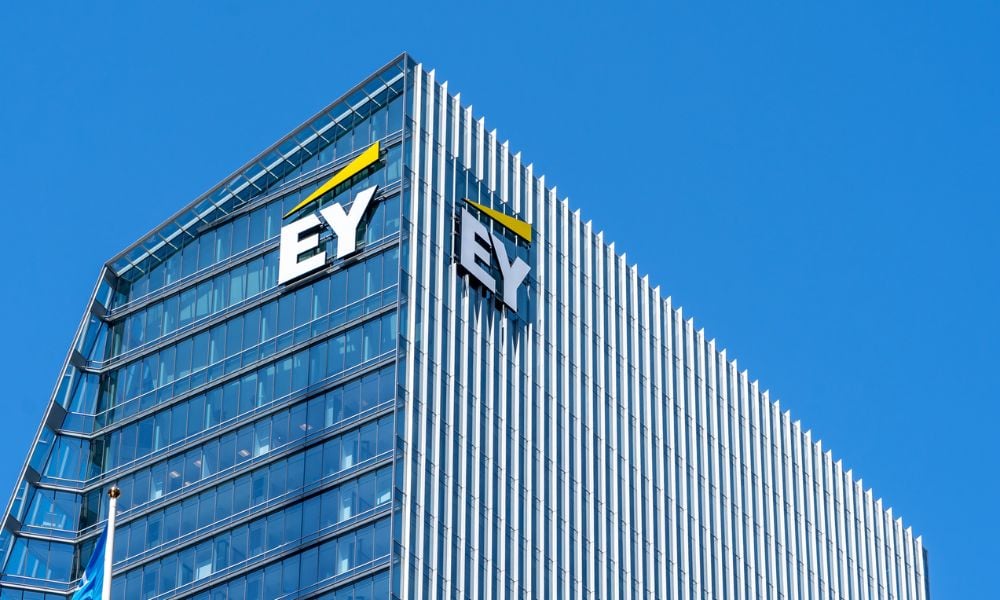In one of the first certified class actions to come to trial in British Columbia, some eight years after introduction of class proceedings legislation in the province, the British Columbia Supreme Court rendered judgment on December 10, 2003 dismissing the claims of the class. In a judgment rendered July 26, 2004, the British Columbia Court of Appeal upheld the dismissal.
The representative plaintiffs, Nanaimo Immigrant Settlement Society and the Juan de Fuca Marine Rescue Society, sought recovery from the Province of British Columbia of approximately $75,000,000 collected as casino and bingo licence fees from 1987 to 1998. The representative plaintiffs contended that the fees were in the nature of taxes and were indirect taxes, beyond the constitutional authority of the province. In the alternative, if the taxes were direct taxes, the representative plaintiffs contended that provisions of the Criminal Code require that the proceeds of provincially licensed bingo and casino gaming be used exclusively for charitable purposes. The provinces, it was argued, cannot impose taxes on these revenues as this would conflict with the Criminal Code.
At trial, the British Columbia Supreme Court found that the revenue generated over time was far greater than the amount expended on the regulatory scheme and held that the levies, although appropriate licence fees at the outset, became taxes as a result of the eventual surplus. The trial court held that the taxes were direct taxes, within the constitutional authority of the provinces, and did not conflict with the Criminal Code. The representative plaintiffs appealed from this judgment and the Province of British Columbia cross-appealed on the finding that the fees were in the nature of taxes. The Court of Appeal dismissed the appeal and the cross-appeal. The Court of Appeal concluded, for reasons different than those of the trial court, that the fees were in the nature of taxes but, like the trial court, concluded that the fees were direct taxes. Further, the Court of Appeal concluded that nothing in the Criminal Code restricts the constitutional authority of the provinces to impose taxation on charitable gaming revenue. An application for leave to appeal was filed on September 29.
The Province of British Columbia was represented by Edward C. Chiasson, Q.C., and Brad W. Dixon of Borden Ladner Gervais, with the support of a team that included Liam O'Sullivan and Scott Kerwin. The plaintiff class was represented by Joseph Arvay, Q.C., and Mark Underhill of Arvay Finlay.
The representative plaintiffs, Nanaimo Immigrant Settlement Society and the Juan de Fuca Marine Rescue Society, sought recovery from the Province of British Columbia of approximately $75,000,000 collected as casino and bingo licence fees from 1987 to 1998. The representative plaintiffs contended that the fees were in the nature of taxes and were indirect taxes, beyond the constitutional authority of the province. In the alternative, if the taxes were direct taxes, the representative plaintiffs contended that provisions of the Criminal Code require that the proceeds of provincially licensed bingo and casino gaming be used exclusively for charitable purposes. The provinces, it was argued, cannot impose taxes on these revenues as this would conflict with the Criminal Code.
At trial, the British Columbia Supreme Court found that the revenue generated over time was far greater than the amount expended on the regulatory scheme and held that the levies, although appropriate licence fees at the outset, became taxes as a result of the eventual surplus. The trial court held that the taxes were direct taxes, within the constitutional authority of the provinces, and did not conflict with the Criminal Code. The representative plaintiffs appealed from this judgment and the Province of British Columbia cross-appealed on the finding that the fees were in the nature of taxes. The Court of Appeal dismissed the appeal and the cross-appeal. The Court of Appeal concluded, for reasons different than those of the trial court, that the fees were in the nature of taxes but, like the trial court, concluded that the fees were direct taxes. Further, the Court of Appeal concluded that nothing in the Criminal Code restricts the constitutional authority of the provinces to impose taxation on charitable gaming revenue. An application for leave to appeal was filed on September 29.
The Province of British Columbia was represented by Edward C. Chiasson, Q.C., and Brad W. Dixon of Borden Ladner Gervais, with the support of a team that included Liam O'Sullivan and Scott Kerwin. The plaintiff class was represented by Joseph Arvay, Q.C., and Mark Underhill of Arvay Finlay.
Lawyer(s)
Firm(s)
Blake, Cassels & Graydon LLP
Arvay Finlay LLP




